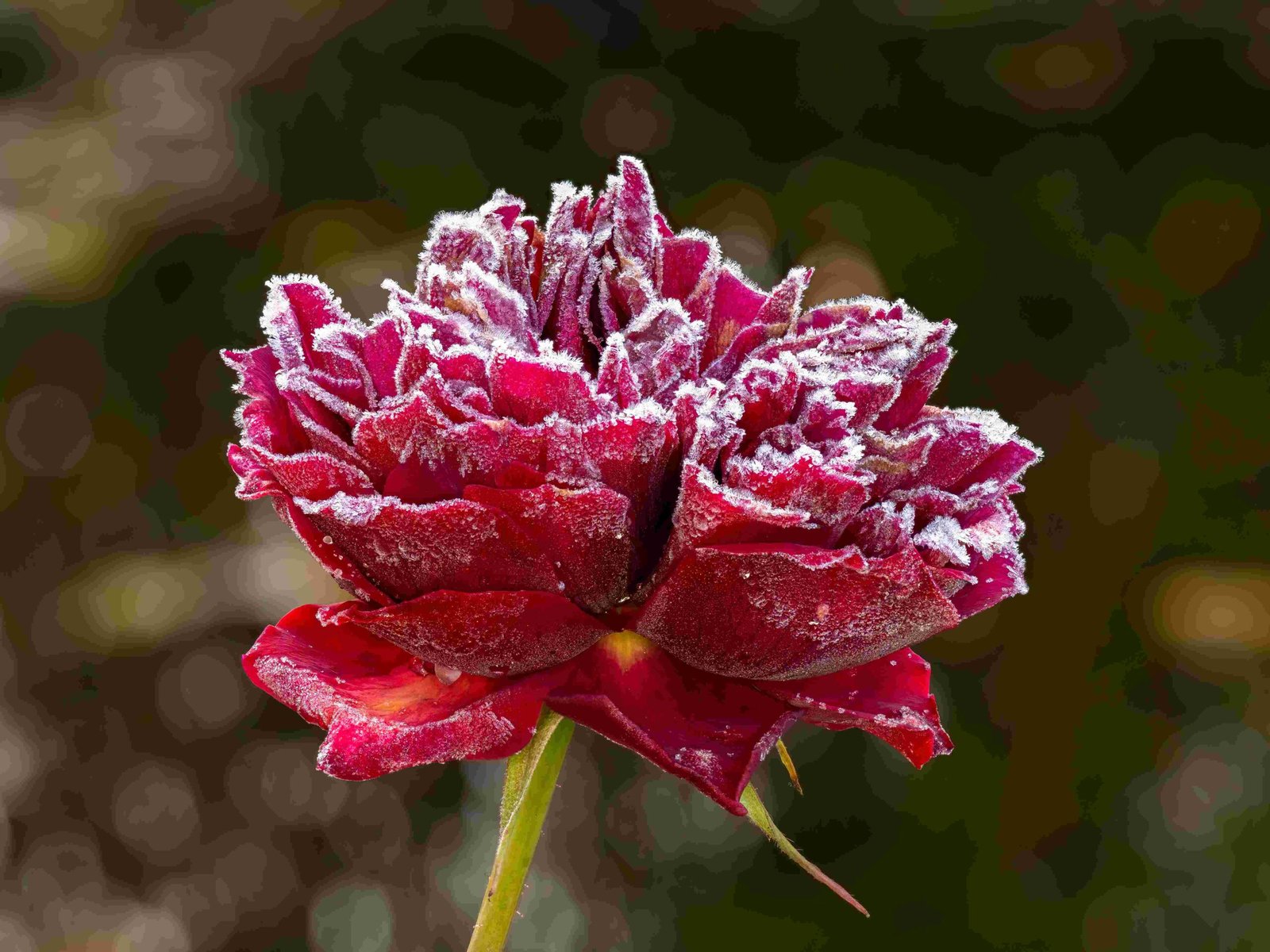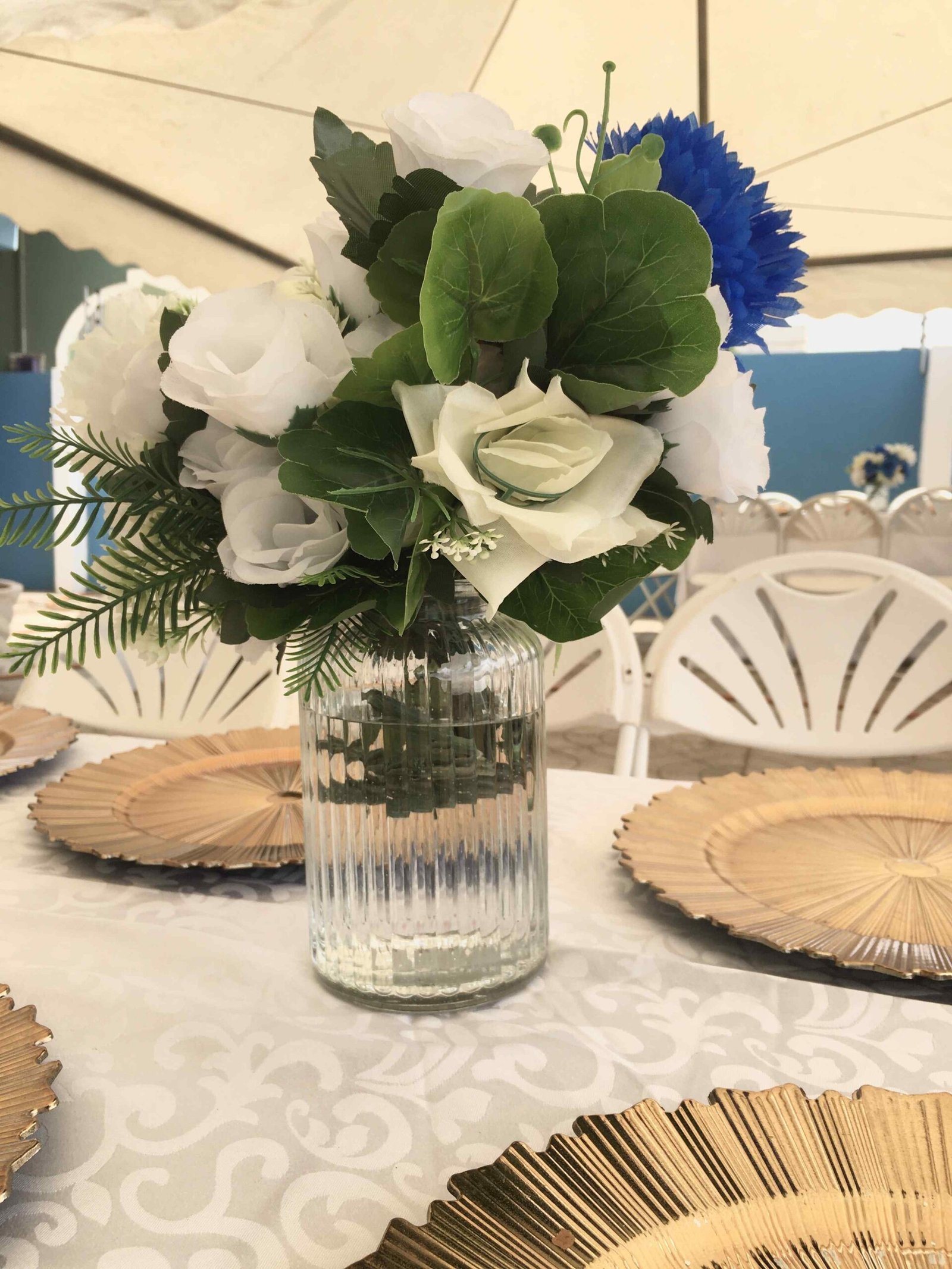Can I Substitute Rose Syrup for Rose Water?

When considering substituting rose syrup for rose water in recipes, it’s important to understand the significant differences between the two in terms of flavor profile, dilution ratios, culinary applications, aroma, sweetness levels, and color impact.
Flavor Profile

- Rose Water: Rose water has a subtle, delicate rose flavor and aroma. It is often used in small quantities because of its concentrated flavor.
- Rose Syrup: Rose syrup is sweeter and has a more pronounced rose flavor due to the addition of sugar. It is thicker and more syrupy than rose water.
Dilution Ratios
- Rose Water: Typically used in drops or small spoonfuls due to its concentrated flavor. For example, a recipe might call for 1-2 tablespoons of rose water.
- Rose Syrup: Needs to be diluted before use, typically at a ratio of 1 part syrup to 4 parts water (1:4) or sometimes 1:3, depending on the desired sweetness and flavor intensity.
Culinary Applications
- Rose Water: Often used in desserts like gulab jamun, laddu, and peda, as well as in beverages, dairy dishes, and some savory recipes. It is also used in cosmetics and perfumes.
- Rose Syrup: Used in desserts, cocktails, beverages, and as a topping for pancakes or ice cream. It is versatile but generally used in sweet dishes due to its sugar content.
Substitution Measurements
If you need to substitute rose syrup for rose water, here are some general guidelines:
– For 1 tablespoon of rose water, you might use about 1-2 tablespoons of rose syrup, depending on the desired sweetness and flavor. However, since rose syrup is sweeter and thicker, you may need to adjust the amount of sugar in the recipe accordingly.
– For recipes requiring dilution, use the diluted rose syrup (e.g., 1 part syrup to 4 parts water) and adjust to taste.
Aroma and Sweetness Levels
- Rose Water: Has a subtle, aromatic rose scent without any sweetness.
- Rose Syrup: Has a stronger, sweeter rose aroma due to the added sugar.
Color Impact
- Rose Water: Clear liquid, does not affect the color of dishes significantly.
- Rose Syrup: Can add a reddish or pink hue to dishes, especially when used in larger quantities or undiluted.
Health Considerations and Ingredient Interactions
- Rose Water: Generally considered safe and is often used in small quantities. It can be a good option for those looking to avoid added sugars.
- Rose Syrup: Contains sugar, which may be a concern for those monitoring their sugar intake. Also, the added sugar can interact with other ingredients in recipes, affecting the overall texture and flavor.
In summary, while rose syrup can be used as a substitute for rose water in some recipes, it is crucial to adjust the quantities and consider the differences in flavor, sweetness, and color to achieve the desired outcome.
